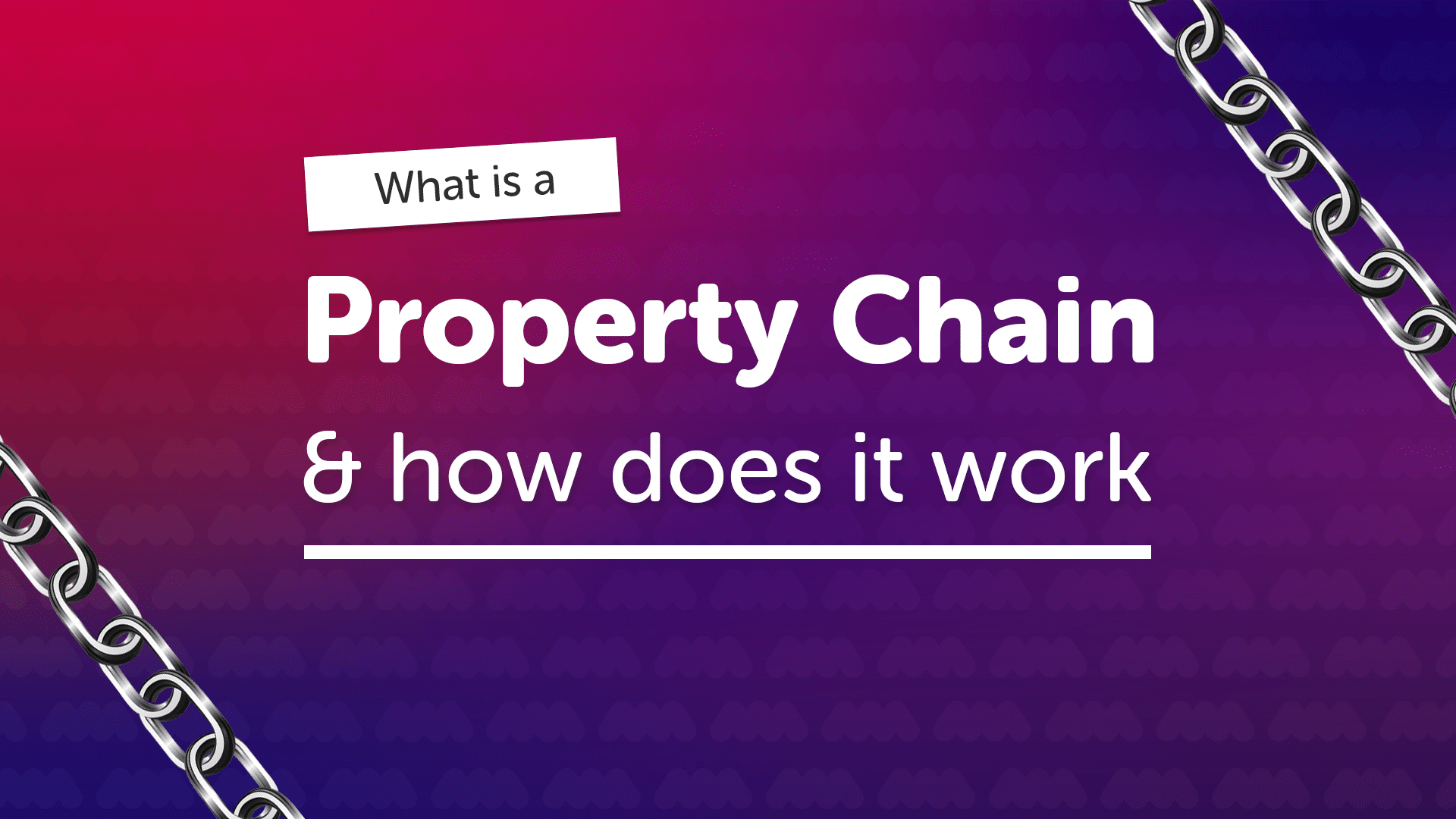Regardless of whether you are a first time buyer in London who is looking to find their dream first home, or you are looking to go through the process of moving home in London, it will soon become apparent that there are a lot of mortgage options out there for you.
There will be some mortgage options that are more popular than others, with some that are a little difficult to encounter altogether.
Below we have put together a comprehensive list of the different mortgage types that we come across. Each of these sections will also be accompanied by one of our video guides that explains them in more detail.
You can find many more useful mortgage guides here on moneymanTV. To learn more about the types of mortgages, go directly to our “Mortgages Explained” playlist here.
What is a fixed-rate mortgage?
A fixed-rate mortgage will mean that a homeowner will have mortgage payments that stay the same for the duration of a specific period.
It is entirely up to you how long your payments are fixed for, with many of them choosing to have between 2 and 5 years. This is to protect against any changes to inflation, interest rates or the economy, leaving you with the knowledge that your payments are safe and consistent.
You may wish to fix in for longer than this, however, a lot can change between 5 and 10 years, so it is entirely possible that fixing in for that long could leave you at a disadvantage at that point in time.
What is a tracker mortgage?
The Bank of England will have a set base rate, of which a tracker mortgage will follow alongside. This means that neither you or your mortgage lender will be setting the interest rate of your mortgage.
It will typically be at a percentage above the Bank of England base rate. If the base rate was sat at 1% and you were tracking 1% above that base rate, then you would be on an interest rate of 2% on your mortgage.
These types of mortgages don’t tend to be as popular as fixed-rate mortgage, as they can often fluctuate throughout your introductory period.
What is a repayment mortgage?
This is the “standard” type of mortgage that you may think of. When a homeowners has a repayment mortgage, they will be paying a combination of capital and interest.
So long as you continue to keep up your mortgage payments for the length of the mortgage term, you will be guaranteed to have paid off your entire mortgage balance by the end of the term and you will own your home outright.
On the topic of your mortgage payments, a repayment mortgage is considered to be the most risk-free way to pay your capital back to the mortgage lender. In the early days of your mortgage, you will be paying more interest than capital.
By the end of your term, you will be paying back more capital than interest, which will make your balance reduce much faster than it would’ve done near the start.
What is an interest-only mortgage?
Nowadays it is mostly modern buy-to-let mortgages that will be set up on an interest-only basis. It is much less likely for someone to obtain a residential property on an interest-only basis.
Though it is not so likely for a mortgage lender to obtain an interest-only product on a residential property, it may still be possible in some cases, such as if you were looking to downsize at an older age or if you have investments you can use to pay back the capital.
Mortgage lenders have very strict mortgage product rules and the loan to values tend to be much stricter now than they were in years gone by.
What is an offset mortgage?
When you have an offset mortgage, your mortgage lender will set you up a savings account that will run alongside your mortgage account.
How this works is, for example, if you have a mortgage balance of £100,000 and you deposit £20,000 into this new savings account, you will only be paying interest on the difference, so in this case, £80,000.
This is often considered to be a fantastic way to save yourself some money, especially if you are a higher rate taxpayer. That being said, it’s not for everyone. As is the case with all these options, speak to a trusted mortgage broker in London to see which option is best for you.
Date Last Edited: February 9, 2023













